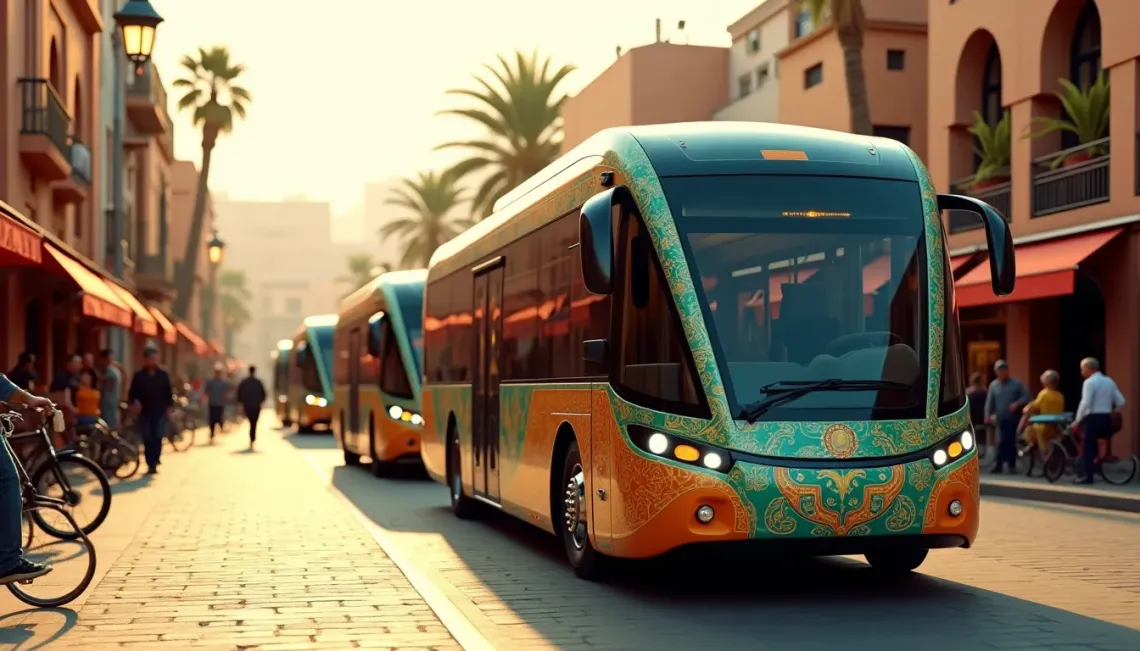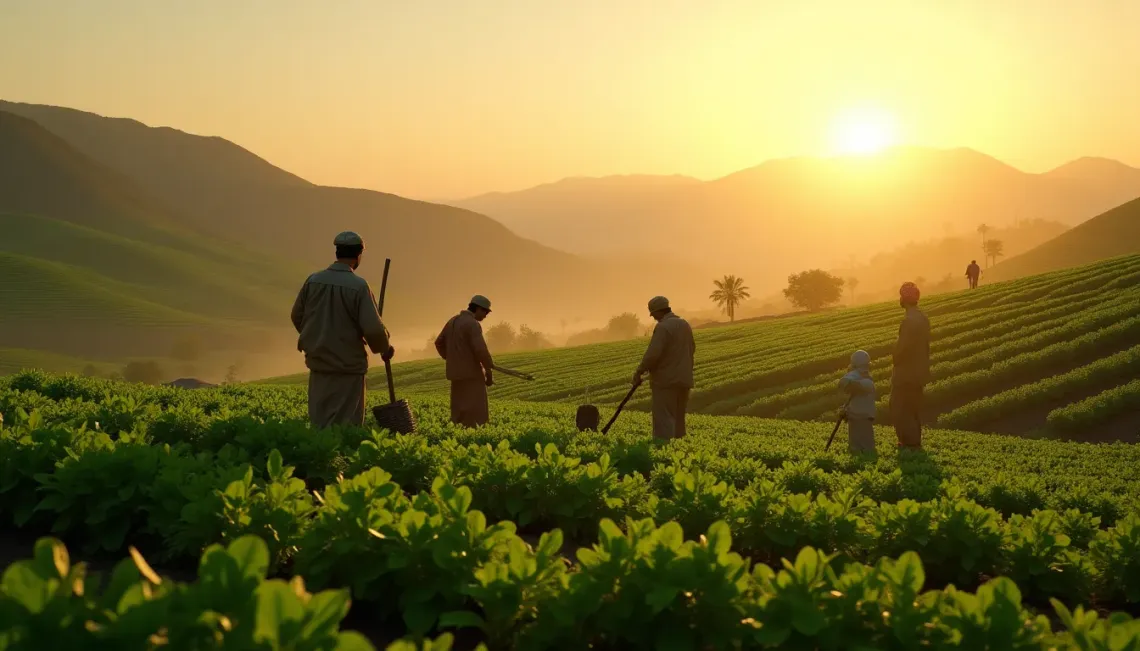As global environmental challenges intensify, the focus on sustainable methods like permaculture practices in Morocco is proving pivotal. By integrating ethical and ecological design principles, Morocco is nurturing its landscapes, emboldening agricultural resilience, and pioneering sustainable land management.
Understanding Permaculture Practices in Moroccan Agriculture
Permaculture practices involve a holistic approach to agriculture and land management. In Moroccan agriculture, these methods harmonize local traditions with innovative sustainable techniques, creating regenerative farming systems that are self-sufficient and resilient. The adoption of permaculture practices ensures improved biodiversity, soil fertility, and overall ecosystem health.
How These Practices are Healing Landscapes
Permaculture practices are healing landscapes in Morocco by focusing on:
- Water Conservation: Techniques like swales and rainwater harvesting capture and conserve water efficiently in this arid region, reducing dependency on artificial irrigation.
- Soil Fertility Improvement: Composting and mulching are organically enhancing soil health, crucial for sustainable land management.
- Ecosystem Restoration: Polycultures and agroforestry create habitats for native species, promoting biodiversity and ecological balance.
The Role of Regenerative Farming
At the heart of permaculture practices lies regenerative farming, which goes beyond sustainability to actively restore and rejuvenate Moroccan landscapes. These methods reverse desertification, combat land degradation, and promote soil regeneration. By sequestering carbon, regenerative farming also contributes to climate change mitigation.
Sustainable Land Management Strategies
Key strategies in Moroccan agriculture include:
- Agricultural Diversification: Integrating crops, trees, and livestock enhances system resilience.
- Localized Input Use: Reducing external inputs and fostering self-sustaining systems mitigate environmental impact.
- Community Involvement: Empowering local communities in decision-making fosters a participatory approach to sustainable land management.
Promoting Long-term Benefits
With permaculture practices, Moroccan landscapes are transitioning into thriving ecosystems that support food security and enhance the livelihoods of local communities. This holistic approach to Moroccan agriculture not only addresses immediate environmental challenges but also builds a framework for enduring regional prosperity.
The shift to permaculture and regenerative farming offers a roadmap for other arid regions seeking to heal their landscapes. By prioritizing ecological health, these practices ensure a balanced and regenerative cycle of nourishment and growth.
In embracing permaculture practices, Morocco sets a commendable example of how sustainable land management can spearhead development, resulting in resilient, healing landscapes. The country's dedication to eco-conscious agriculture is a testament to the possibilities of thoughtful human intervention in harmony with nature.
Explore more about regional agricultural innovations and sustainable practices by visiting our related sustainable agriculture resources. Empower yourself with knowledge and be part of the change.




